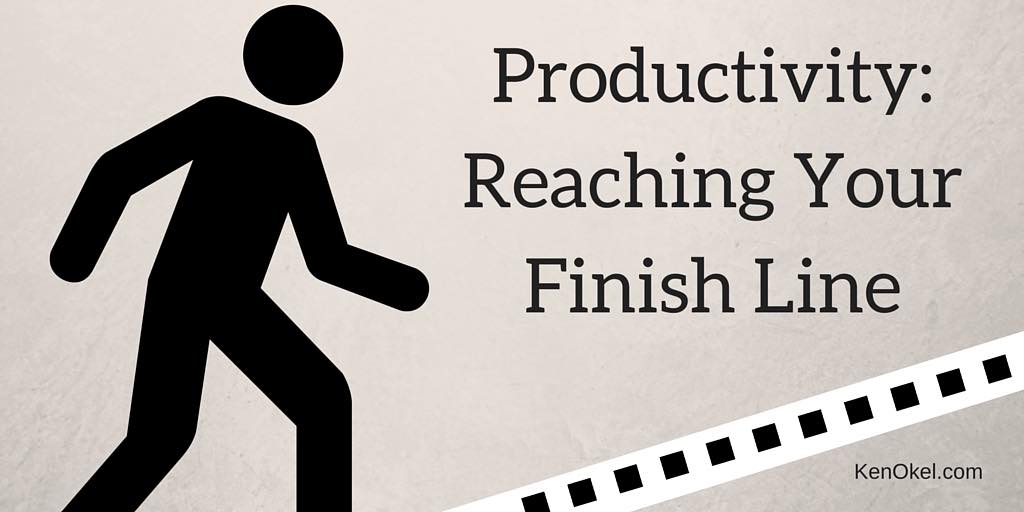 How do you approach your productivity on the job? Is it something you?ve thought about or is it something you do because it just feels right. You may want to consider a more strategic approach that?s inspired by a pair of runners.
How do you approach your productivity on the job? Is it something you?ve thought about or is it something you do because it just feels right. You may want to consider a more strategic approach that?s inspired by a pair of runners.
As managers in the same company, Al and Tina both want to improve their productivity. They share something else in common. They?re training for their first marathons.
You?ll often see the pair, before or after work, on the track that circles their office complex. What you may not see is how they prepare for the same race in very different ways.
Al believes that in order to improve, he must push himself. He sets weekly goals that see his mileage increase. Al trains every day, even if he?s tired. For him, tired muscles and a sense of suffering are proof that he?s on the road to success.
Tina believes that while she has the potential to finish a marathon, she?ll only achieve it through a strategic approach. She runs no more than five days a week and is not afraid to take a day off, if she feels tired. While Tina has been increasing her mileage, as she trains, she reduces it when she?s two weeks away from the race.
When the race day comes, the results are very different. Al reaches the halfway point at a personal best. Unfortunately, he pulls a hamstring at mile 15 and has to leave the race. As he?s consoled by friends, Al pledges to train harder for next year?s event.
Tina finishes the marathon. Her time is slower than what she expected but she?s okay with it. Her goal wasn?t a specific time but rather completing the race. Tina tells friends that she?s learned what worked and what didn?t and will make adjustments the next time she runs a marathon.
Two runners, two different styles of training. Both were committed to a goal and yet only one achieved it.
On the job, are you acting more like Al or Tina? It?s very tempting to feel that you need to push yourself harder every day. Instead of mileage, it?s about skipping breaks, working through lunch, and taking work home.
In the short term, Al?s training philosophy may suit you on the job. Sometimes, it may be the only way you and your team can finish a project.
Over time, you may find that your productivity starts to drop and the only way to bring it back is to work even harder.
It?s a kind of mental fatigue that puts your effectiveness in a tailspin.
Tina?s philosophy would see you take a more strategic approach. You would spend most of your time on your top priorities. You would take lunch breaks and go home, on time, because it assured you of being,?fresh,? when it was time to go back to work. Tina doesn?t come off a weekend feeling burned out.
If we were to travel 200 years ago, we might see Al and Tina?s ancestors working in factories or on farms. In those arenas, Al?s productivity philosophy would likely be more successful because it?s tied to a direct output of labor.
But Al, Tina, and probably you, don?t work on a farm or in a factory. Does it make sense to follow a model that was created before electricity?
If you want to reach the finish line on the job, you need to consider how you?ll approach the goal. Doing what you?ve done before or what you believe is best, may no longer be effective.






